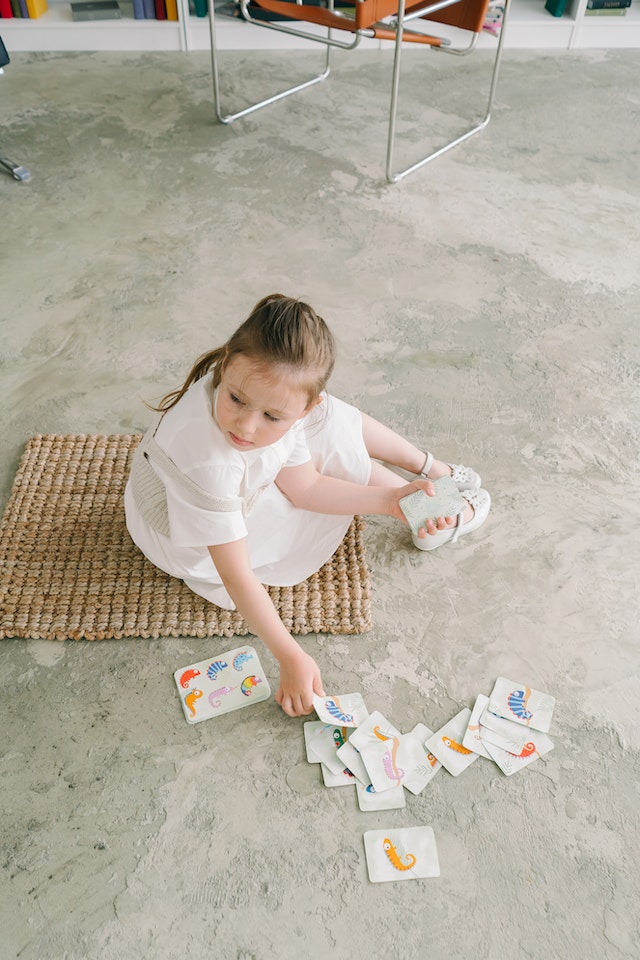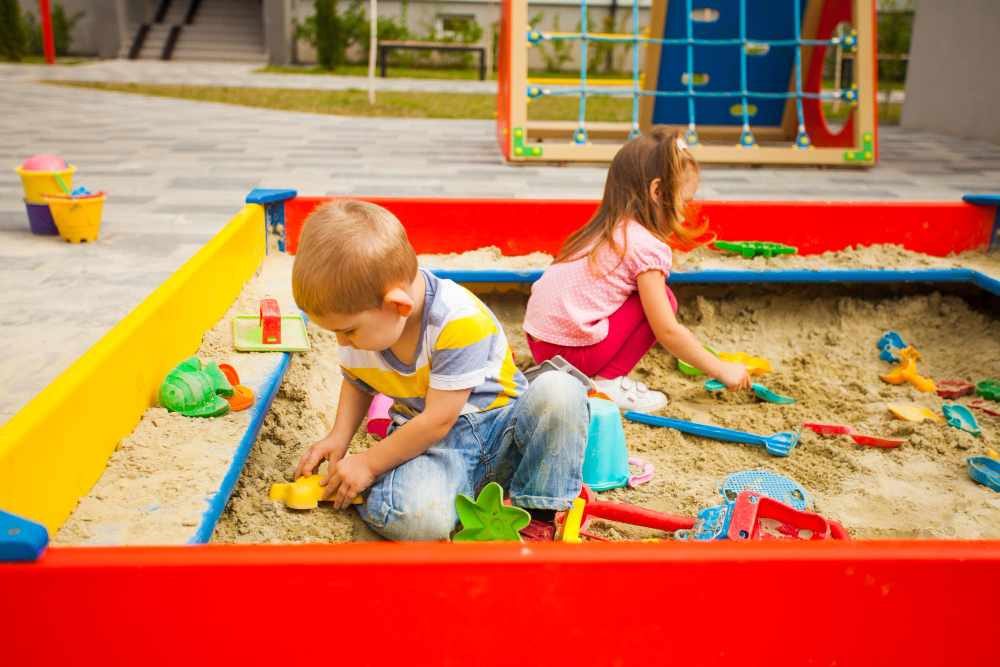Introduction:
Toddlers are in a critical stage of development where they are rapidly acquiring new skills and expanding their knowledge.
Flash cards are a versatile educational tool that can be highly beneficial for toddlers’ learning and development.
In this article, we will discuss the advantages of using flash cards and explore different types that cater specifically to toddlers’ needs.
Vocabulary Development:
Flash cards are an effective tool for building and expanding a toddler’s vocabulary.
By presenting images and corresponding words, flash cards introduce new words, objects, and concepts.
Toddlers can associate the visuals with the words they hear, facilitating language development and increasing their vocabulary.
Cognitive Skills:
Flash cards engage toddlers’ cognitive abilities by promoting memory retention, pattern recognition, and categorization skills.
As they match images with words or group related cards together, they learn to organize and make connections, fostering critical thinking and problem-solving skills.
Numeracy Skills:
Flash cards can be used to introduce basic numeracy concepts to toddlers.
Number flash cards can help them recognize and associate numerals with quantities, while counting flash cards facilitate early counting skills.
These activities lay the foundation for numeracy development and mathematical understanding.
Fine Motor Skills:
Manipulating flash cards promotes the development of fine motor skills in toddlers.
As they hold, flip, and manipulate the cards, their hand-eye coordination, finger dexterity, and manual control improve.
This skill development is essential for tasks such as writing, drawing, and self-care activities.
Visual and Auditory Stimulation:
Flash cards provide visual and auditory stimulation, capturing toddlers’ attention and enhancing their sensory experiences.
Bright colors, appealing images, and engaging illustrations on the cards attract their focus and create an interactive learning environment.
Types of Flash Cards for Toddlers:
Alphabet Flash Cards:
These cards feature individual letters of the alphabet along with corresponding pictures.
They help toddlers learn letter recognition, letter sounds, and initial word associations.
Shape and Color Flash Cards:
These cards introduce toddlers to various shapes and colors, helping them identify and differentiate between different geometric shapes and hues.
Animal Flash Cards:
Animal flash cards display images of different animals, encouraging toddlers to learn about various species, their names, and unique characteristics.
Action Flash Cards:
Action flash cards depict various everyday actions or verbs, such as running, jumping, or eating.
They facilitate language development and encourage toddlers to imitate and verbalize the actions.
Emotion Flash Cards:
Emotion flash cards display different facial expressions representing various emotions.
They assist toddlers in recognizing and understanding different feelings, promoting emotional intelligence and social skills.
Conclusion:
Flash cards are a valuable educational tool for toddlers, promoting vocabulary development, cognitive skills, numeracy understanding, fine motor development, and sensory stimulation.
By incorporating different types of flash cards into daily learning activities, parents and caregivers can create a stimulating and interactive learning environment for their toddlers.
Remember to choose age-appropriate and engaging flash cards that cater to their interests.
Enjoy the journey of learning and discovery with your toddler as you explore the world together through the power of flash cards.











